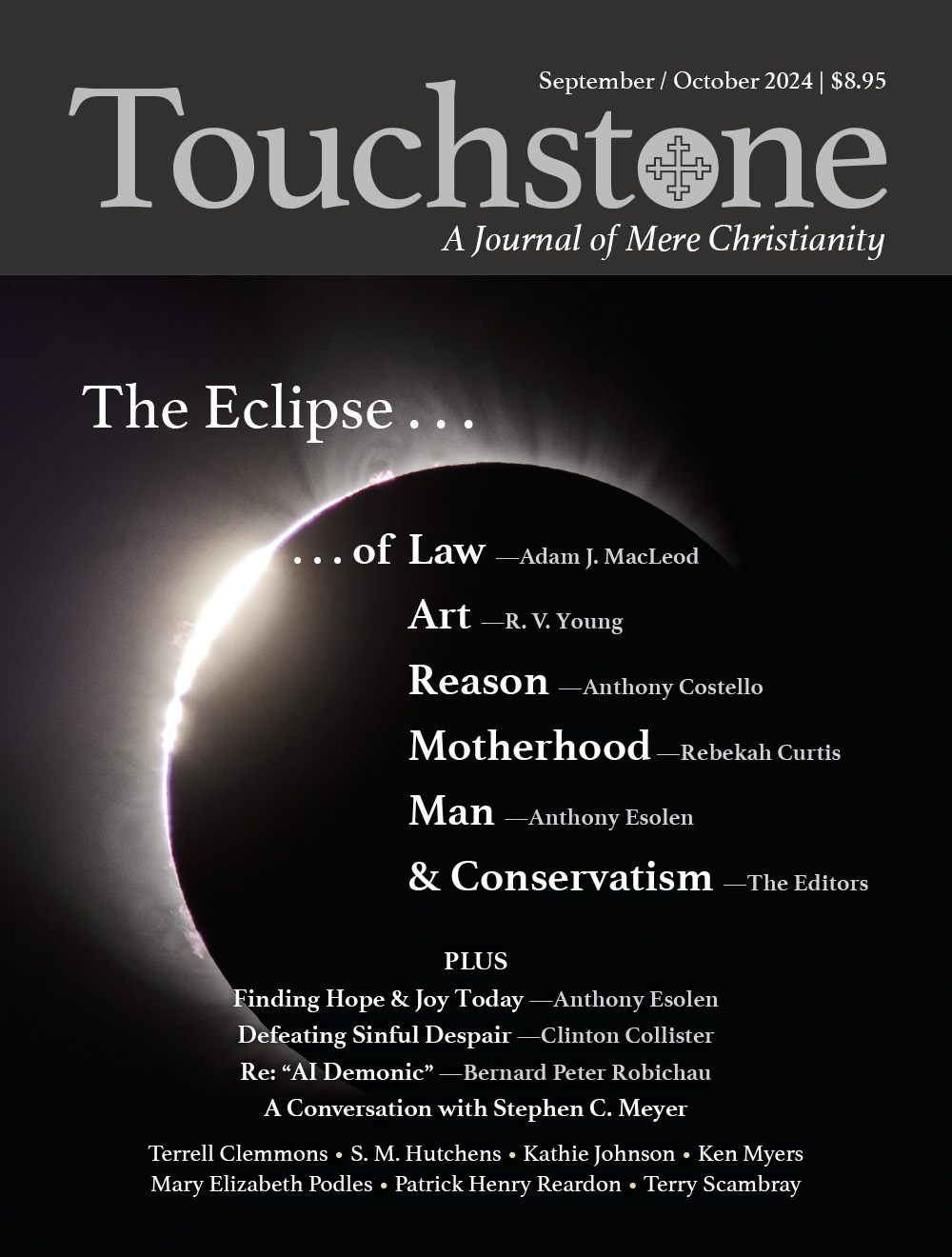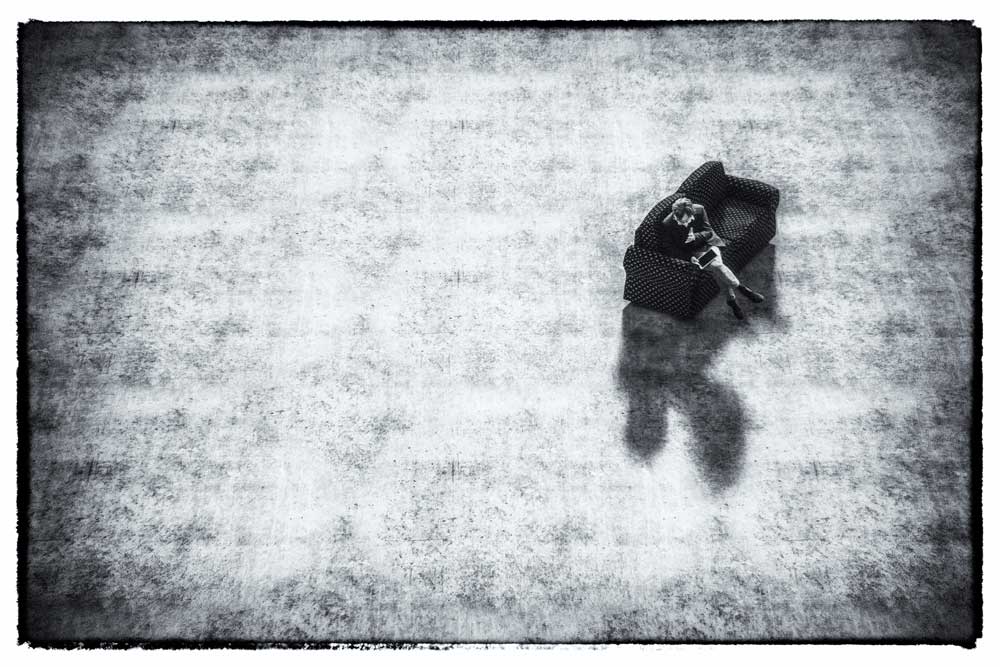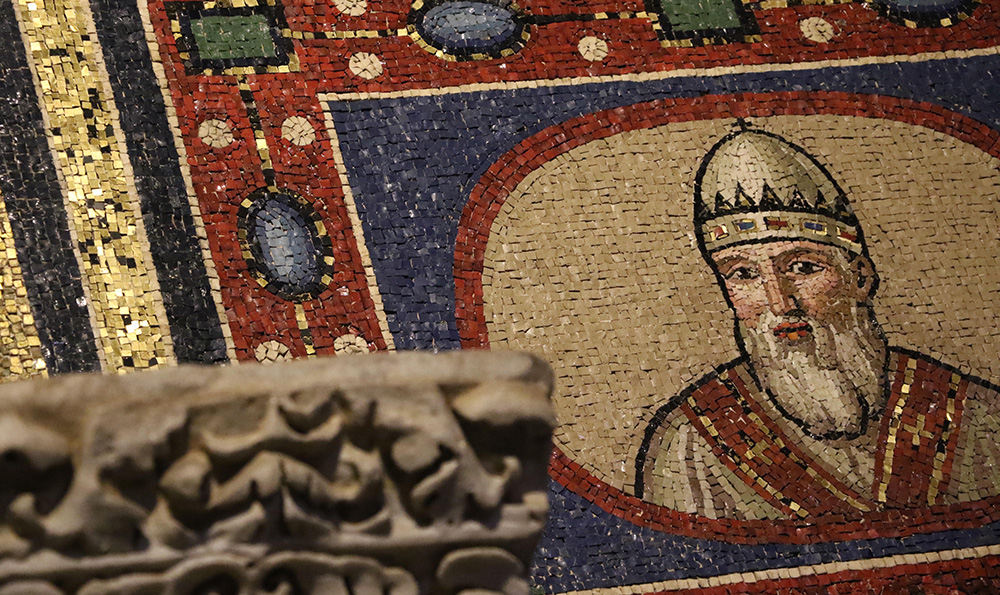Why Law Schools Can’t Teach Law
A generation ago, critical theories of law moved into the mainstream of legal academic discourse and teaching. They now dominate legal discourse and advocacy in the United States. A large share of American law professors, lawyers in elite firms, and public officials who hold law degrees now either espouse or accept the two basic dogmas of poststructuralist ideology. Pick up any law review article or amicus curiae brief at random and you are more likely than not to encounter one or both of these dogmas:
(1) Law has no essential connection to reason. There are no rational bases for the law, and there are no binding reasons within the law. Law is not a reason for our choices and actions. Law is instead a kind of discursive regime, arbitrarily constructed out of cultural, social, and economic power to define out of existence the subjective experiences, and thus the only true realities, of those who lack such power.
(2) Language has no true meaning. Language is not the vehicle by which legal meaning is transmitted from one rational human being to another. Language cannot coordinate our discourse toward mutual understanding. Nor can it coordinate our actions toward a common good because language does not refer to anything outside itself. Those in power manipulate the indeterminacy of language to control what people say, and thereby to control what people think.
Fidelity to these two dogmas is increasingly used as a litmus test for entrance into mainstream academic discourse about law. To apply for an appointment to certain law faculties or to submit an article to some elite law journals, one must first provide a diversity, equity, and inclusion statement signaling adherence, or at least submission, to these dogmas. Law faculties are the gatekeepers to the legal profession. Because the law schools are committed to post-structuralist ideology, the lawyers who graduate from law schools are increasingly enslaved to it.
I do not mean that lawyers are aware of their ideological enslavement. Indeed, it is precisely American law professors’ lack of understanding of their own ideological commitments, of the inability of power relations to explain most human actions, and of the existence of alternative ways of thinking about law that makes their ideological enslavement so thorough and complete.
Lawyers who adhere to these dogmas cannot uphold the law as something above the powerful, as we are sworn to do, because lawyers who adhere to these dogmas cannot conceive of law as anything other than power.
Adam MacLeod is Professor of Law at St. Mary’s University and a Senior Research Fellow of the Center for Religion, Culture and Democracy.
subscription options
Order
Print/Online Subscription

Get six issues (one year) of Touchstone PLUS full online access including pdf downloads for only $39.95. That's only $3.34 per month!
Order
Online Only
Subscription

Get a one-year full-access subscription to the Touchstone online archives for only $19.95. That's only $1.66 per month!
bulk subscriptions
Order Touchstone subscriptions in bulk and save $10 per sub! Each subscription includes 6 issues of Touchstone plus full online access to touchstonemag.com—including archives, videos, and pdf downloads of recent issues for only $29.95 each! Great for churches or study groups.
Transactions will be processed on a secure server.
more on law from the online archives

37.5—Sept/Oct 2024
Why Law Schools Can't Teach Law
A sidebar to How Law Lost Its Way by Adam MacLeod
more from the online archives
calling all readers
Please Donate
"There are magazines worth reading but few worth saving . . . Touchstone is just such a magazine."
—Alice von Hildebrand
"Here we do not concede one square millimeter of territory to falsehood, folly, contemporary sentimentality, or fashion. We speak the truth, and let God be our judge. . . . Touchstone is the one committedly Christian conservative journal."
—Anthony Esolen, Touchstone senior editor










